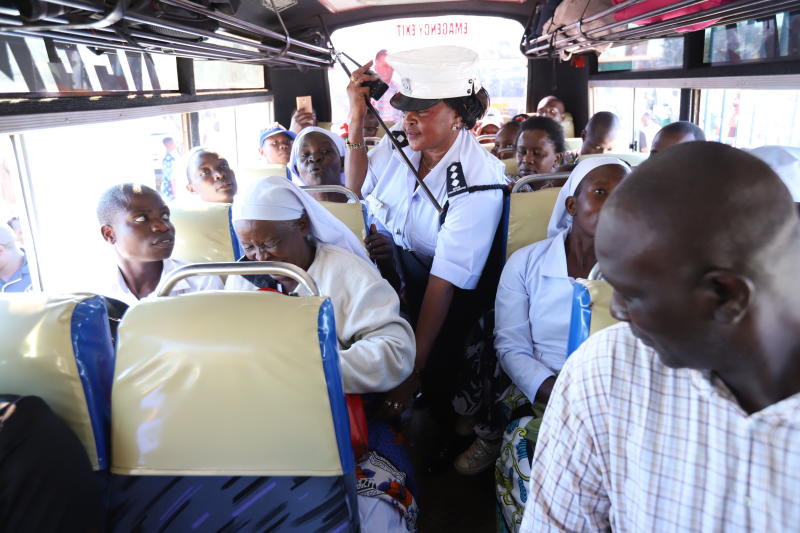×
The Standard e-Paper
Kenya’s Boldest Voice

Matatu crew have blamed stubborn passengers failing to tie seat belts even after PSV owners complied with rules requiring installation of the same.
"For us, we do not have a problem. Passengers are the issue," said a driver of a 14-seater matatu that plies the Nairobi - Kikuyu route 105.